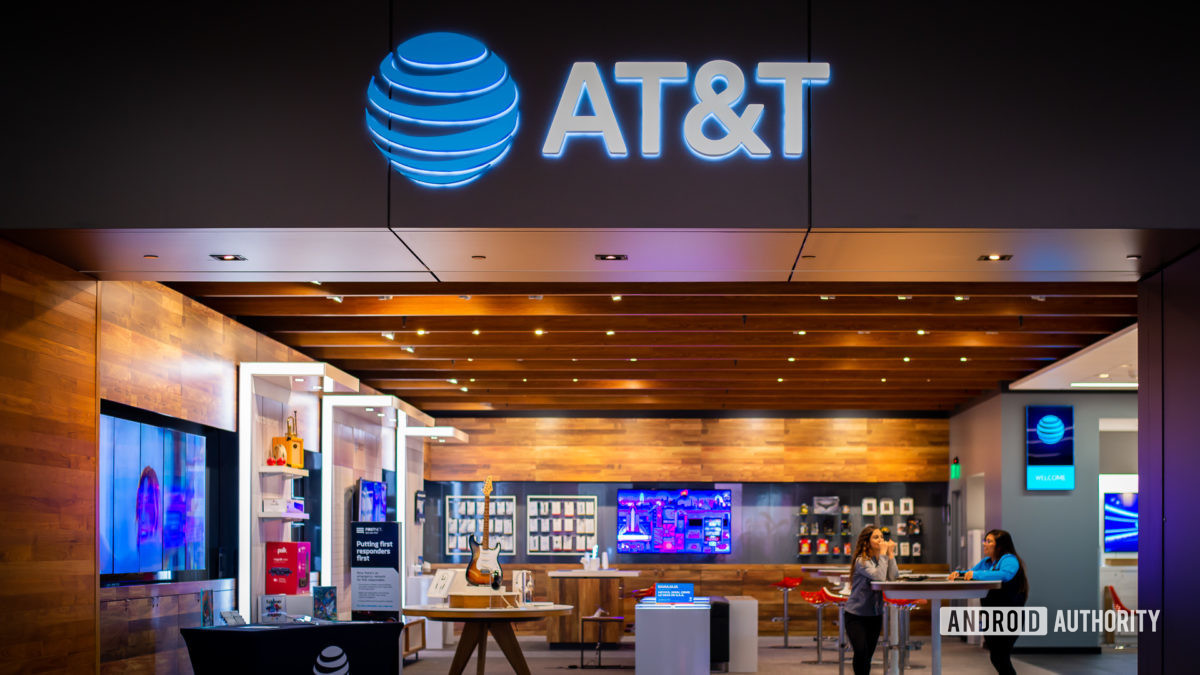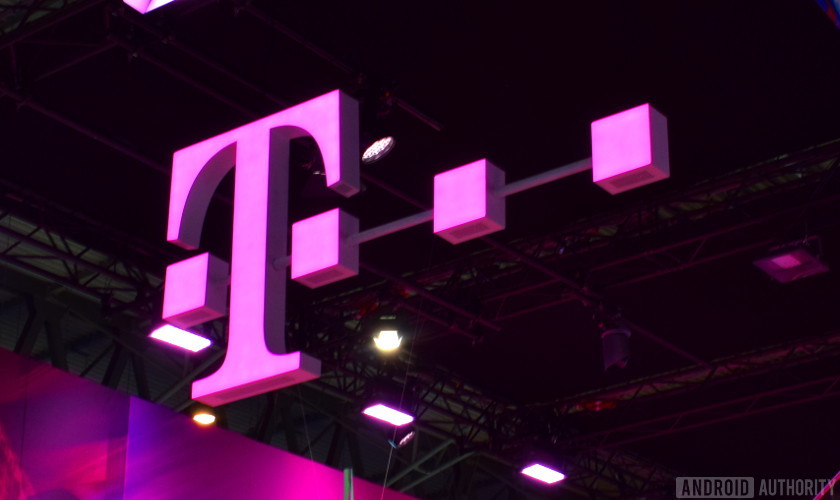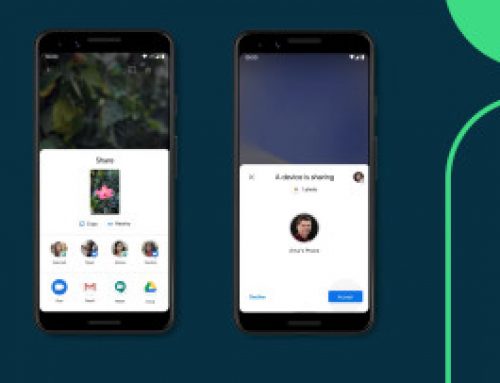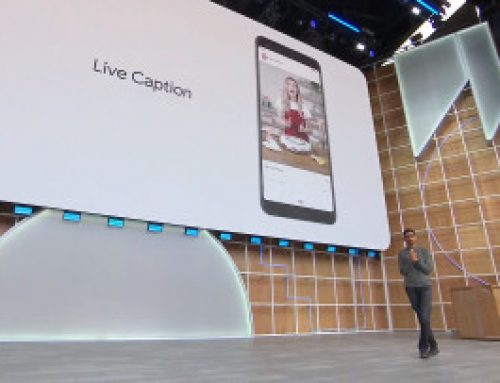 In 2010, Android bloatware was still an emerging problem, and one of the publications that brought the issue to highlight was Wired’s Gadget Lab, through a commentary by Forrester Research analyst Charles Golvin. Times were simpler back then, and bloatware was not seen as a big concern yet. However, we are now living in that future, and the sad truth is that bloatware has grown to become a big problem.
In 2010, Android bloatware was still an emerging problem, and one of the publications that brought the issue to highlight was Wired’s Gadget Lab, through a commentary by Forrester Research analyst Charles Golvin. Times were simpler back then, and bloatware was not seen as a big concern yet. However, we are now living in that future, and the sad truth is that bloatware has grown to become a big problem.
How it all began
It started with the seemingly harmless bundling of third-party apps and services, mostly from carriers. Then the carriers and OEMs themselves moved on to “value-adding” applications to new units that they were shipping out to customers. To illustrate, we told you yesterday that the Samsung Galaxy S4 apparently had 45% of its internal storage dedicated to default apps – and therefore can’t be used for data storage. That leaves users with less than 9GB of space, which is ridiculous considering that the device is being advertised as a “16GB model.”
How exactly did it even get to that point? In the case of Samsung, the primary cause of the problem is the TouchWiz UI and the many exclusive apps or features that come along with it. To refresh our memory, the S4 comes bundled with a long list of extra software features. Some are interesting and might actually be useful. However, many of them just duplicate some of the functionality already present in Android.
In short, certain extra features were added even though they were completely unnecessary. Users may or may not end up using them. But all of the precious storage will still be taken up by these things nonetheless.  For a better perspective on just how much extra space is being taken up by these manufacturer- and carrier-added apps and features, consider this: the size of the stock Android 4.2.2 system image as seen in the Google/LG Nexus 4 is 328MB. Meanwhile, the Samsung Galaxy S4, which uses the same Android version, has a system image that’s a bit over 1.5GB in size. As you can see, the numbers pretty much speak for themselves.
For a better perspective on just how much extra space is being taken up by these manufacturer- and carrier-added apps and features, consider this: the size of the stock Android 4.2.2 system image as seen in the Google/LG Nexus 4 is 328MB. Meanwhile, the Samsung Galaxy S4, which uses the same Android version, has a system image that’s a bit over 1.5GB in size. As you can see, the numbers pretty much speak for themselves.
The Bloatware Club
 Although we have used Samsung and its Galaxy S4 as an example of how bad the Android bloatware problem has become, the brand is in no way the sole perpetrator of this absurd practice. Other companies such as HTC, LG and Motorola are also guilty of adding mostly unnecessary space-taking applications and features. Most notably, it is present in the flagship HTC One in the form of “BlinkFeed” (pictured above).
Although we have used Samsung and its Galaxy S4 as an example of how bad the Android bloatware problem has become, the brand is in no way the sole perpetrator of this absurd practice. Other companies such as HTC, LG and Motorola are also guilty of adding mostly unnecessary space-taking applications and features. Most notably, it is present in the flagship HTC One in the form of “BlinkFeed” (pictured above).
With BlinkFeed, a good portion of the screen is turned into a clock widget, even if you can already clearly see the time right on the notification bar, as well. The issue of Android bloatware is very clearly not just a creeping problem for users anymore. The problem has grown big enough to need addressing at this point. Surely, no one deserves to get just about half of the advertised amount of internal storage space on a brand new mobile computing device that they paid full price for.
More than just a storage issue
And it’s not just a storage problem. As a 2011 report on InformationWeek states, “some Android smartphones are more vulnerable to attacks than others, thanks to add-on software and skins” from the phone makers themselves. Therefore, not only are they causing users grief through severely limiting the internal storage space that’s available on devices, but they’re also opening users up to the possibility of becoming target to malicious attacks.
Is there an end to all of this? The manufacturers and the carriers must know that all these extra apps and services are just doing more harm than good, right? It’s honestly hard to tell at this point. Although it will always be possible to root, flash, and do a bunch of other stuff to eliminate the bloatware and bundled apps and get the stock Android experience, doing this would only mask the problem. Besides, not everyone has the patience and know-how in rooting and flashing custom ROMs.
How do you feel about this issue? Does this affect you personally? What would you like to be done about it? Let us know in the comments.





Leave A Comment